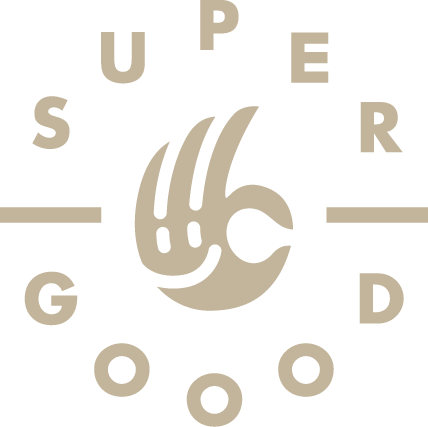
From 2006 to 2008, foie gras was banned in Chicago, thanks largely in part to Chef Charlie Trotter, who made a big deal about the harvest of foie gras being an act of animal cruelty.
During this period, Hot Doug owner, Doug Sohn continued to serve foie gras leading to some media attention, which really put this place on the map for foodies outside of Chi-town (including me). Eventually, the ban was lifted, so it was all pretty pointless, but Hot Doug certainly didn’t suffer from the publicity of the whole thing.

Long-ass mother…
…fuckin’ lines.

Yet—all the seats are empty…

Duck-Fat Fries
meh. didn’t taste any duck flavor

Aged-Manchego & Smoked Paprika Aioli
with a sausage that I cannot remember…

Chardonnay & Jalapeno Rattlesnake Sausage
with pomegranate mustard

Lamb Sausage & Feta Cheese
with mint pesto

Foie-Grais Torchon & Sauternes Sausage
with black truffle mustard & fleur de sel
This was good, but not phenomenal; although it was inexpensively priced, which made this was a very good deal. Plus, foie gras and sauternes wine is a great combination.
Sauternes wine is pretty interesting in its origin; here’s some info:
Sauternes is a French sweet wine from the Sauternais region of the Graves section in Bordeaux. Sauternes is made from Sémillon, Sauvignon Blanc, and Muscadelle grapes that have been affected by Botrytis cinerea, also known as noble rot. This causes the grapes to become partially raisined, resulting in concentrated and distinctively flavored wines. Due to its climate, Sauternes is one of the few wine regions where infection with noble rot is a frequent occurrence. Even so, production is a hit-or-miss proposition, with widely varying harvests from vintage to vintage. Wines from Sauternes, especially the Premier Cru Supérieur estate Château d’Yquem, can be very expensive, due largely to the very high cost of production. Barsac lies within Sauternes, and is entitled to use either name. Somewhat similar but less expensive and typically less-distinguished wines are produced in the neighboring regions of Monbazillac, Cérons, Loupiac and Cadillac. In the United States, there is a semi-generic label for sweet white dessert wines known as sauterne without the “s” at the end and uncapitalized.
And I don’t remember the rest…


